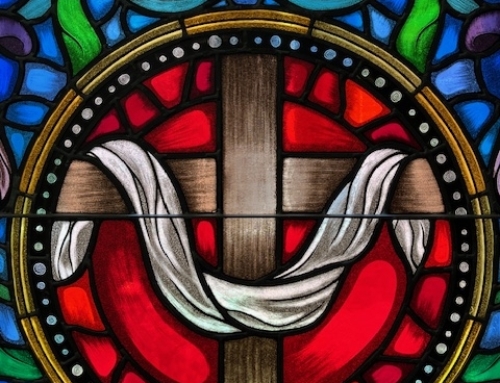
Good morning…
“Would you like me to seat you inside or out on the veranda?” asked the hostess.
“I would love to sit on the veranda,” my spirit leapt.
As I enjoyed a quiet meal to myself, I thought about the word “veranda.” By definition, it is a large, open porch, usually roofed and partly enclosed. Rarely stumbled upon, the last time I encountered the word was in my reading of the treasured book I highlighted in yesterday’s blog post.
******
The Will of God by Leslie D. Weatherhead
The matter came to me most poignantly when I was in India. I was standing on the veranda of an Indian home darkened by bereavement. My Indian friend had lost his little son, the light of his eyes, in a cholera epidemic. At the far end of the veranda his little daughter, the only remaining child, slept in a cot covered over with a mosquito net. We paced up and down, and I tried in my clumsy way to comfort and console him. But he said, “Well, padre, it is the will of God. That’s all there is to it. It is the will of God.”
Fortunately I knew him well enough to be able to reply without being misunderstood, and I said something like this: “Supposing someone crept up the steps onto the veranda tonight, while you slept, and deliberately put a wad of cotton soaked in cholera germ culture over your little girl’s mouth as she lay in that cot on the veranda, what you think about that?”
“My God,” he said, “what would I think about that? Nobody would do such a damnable thing. If he attempted it and I caught him, I would kill him with as little compunction as I would a snake, and through him over the veranda. What do you mean by suggesting such a thing?”
“But, John,” I said quietly, “isn’t that just what you have accused God of doing when you said it was his will? Call your boy’s death the result of mass ignorance, call it mass folly, call it mass sin, if you like, call it bad drains or communal carelessness, but don’t call it the will of God.” Surely we cannot identify as the will of God something for which a man would be locked up in jail, or put in a criminal lunatic asylum.
Those who want a text for this sermon will find it in the eighteen chapter of St. Matthew’s Gospel and the fourteen verse: “It is NOT the will of your Father which is in heaven, that one of these little ones should perish.”
We see by these illustrations – which, of course, could be applied to other disasters besides death – how confused and loose our thinking is about the will of God. …My own thinking demands a division of the subject into three parts, the first of which we are discussing:
- The intentional will of God.
- The circumstantial will of God.
- The ultimate will of God.
The trouble arises because we use the phrase “the will of God” to cover all three, without making the distinction between them. But when we look at the Cross of Christ, we can see, I think, the necessity for such a distinction.
******
Using the life of Jesus as his example, Weatherhead goes on to describe in detail each of these distinct definitions. I will do my best to summarize his main points for us, as together we seek to discern a philosophy of life which will anchor us amid life’s many storms.
- “The discipleship of men, not the death of Christ, was the intentional will of God, or, if you would like, God’s ideal purpose…”
- “But when circumstances wrought by men’s evil set up such a dilemma that Christ was compelled either to die or to run away, then in those circumstances the Cross was the will of God…and it was in this sense that our Lord said, ‘Nevertheless, what I will, but what thou wilt.'”
- “God cannot be finally defeated, and that is what I mean by his omnipotence – not that everything that happens is his will, but that nothing can happen which finally defeats his will. So, in regards to the Cross, God achieved his final goal not simply in spite of the Cross but through it. He achieved a great redemption and realized his ultimate will in as full a sense as he would have done if his intentional will had not been temporarily defeated.”
As I enjoyed my private lunch on the breezy veranda with God, I thought about these three distinctions, seeking to make peace with the multifaceted phrase, “the will of God.” Just think how much more surely the blood of Christ will transform our lives and hearts. His sacrifice frees us from the worry of having to obey the old rules and makes us want to serve the living God (Hebrews 9:14a, TLB).
If you had met me on the veranda, what thoughts might we have shared as we seek to personalize our own sturdy anchor of faith?
…Sue…





